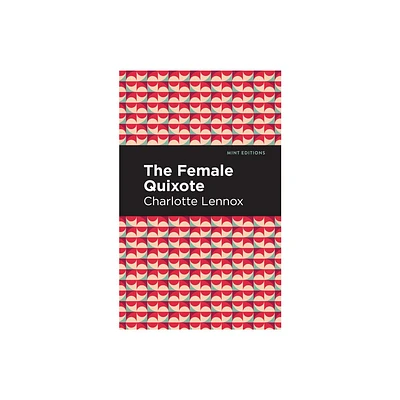Home
Spanish Female Writers and the Freethinking Press, 1879-1926
Loading Inventory...
Barnes and Noble
Spanish Female Writers and the Freethinking Press, 1879-1926
Current price: $81.00


Barnes and Noble
Spanish Female Writers and the Freethinking Press, 1879-1926
Current price: $81.00
Loading Inventory...
Size: Hardcover
*Product Information may vary - to confirm product availability, pricing, and additional information please contact Barnes and Noble
Christine Arkinstall’s historical and literary study of female freethinking intellectuals in fin-de-siècle Spain examines the contributions of three intellectuals, Amalia Domingo Soler, Angeles López de Ayala, and Belén Sárraga, to the development of feminist consciousness and democracy. These women wrote for, edited, and published radical and feminist periodicals that, until now, have been left unstudied. This significant gap in the scholarship has left us without an accurate sense of Spanish women’s involvement in the public realm.
Spanish Female Writers and the Freethinking Press, 1879
–1926
recovers the lost history and literary contributions these women made to the so-called Generation of 1898. Using their extensive published works, Arkinstall not only illuminates the lives of Domingo Soler, López de Ayala, and Sárraga, but traces the connections between feminism, freethinking, republicanism, freemasonry, anarchism, and socialism. By placing these women’s work in the broader literary, social, and political context of the period, Arkinstall’s study makes a major contribution to our understanding of the central role of women in late-nineteenth and early-twentieth-century democracy in Spain.
Spanish Female Writers and the Freethinking Press, 1879
–1926
recovers the lost history and literary contributions these women made to the so-called Generation of 1898. Using their extensive published works, Arkinstall not only illuminates the lives of Domingo Soler, López de Ayala, and Sárraga, but traces the connections between feminism, freethinking, republicanism, freemasonry, anarchism, and socialism. By placing these women’s work in the broader literary, social, and political context of the period, Arkinstall’s study makes a major contribution to our understanding of the central role of women in late-nineteenth and early-twentieth-century democracy in Spain.


















